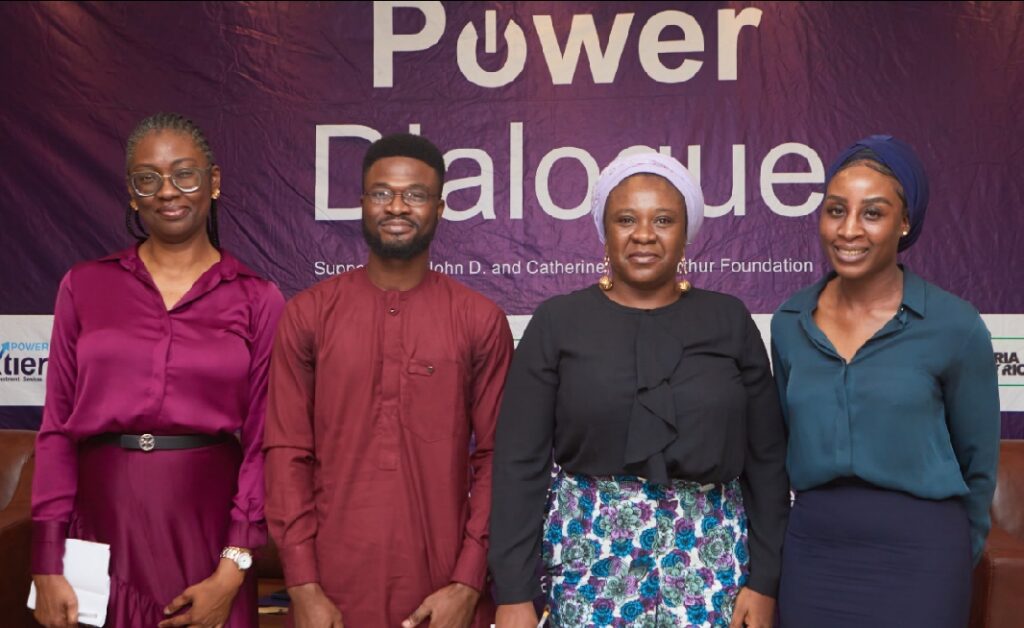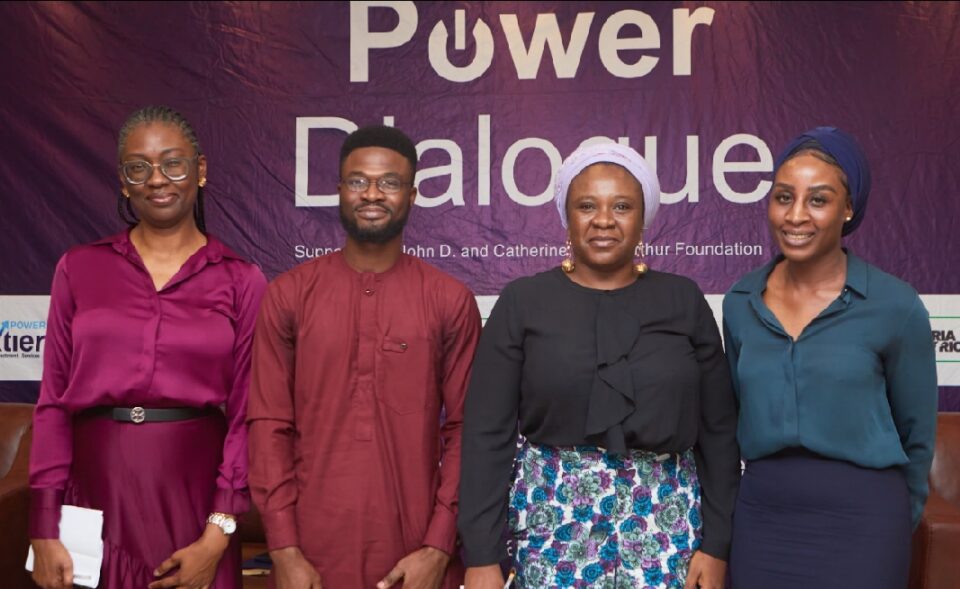The Electricity Hub (TEH), a media company focused on broadcasting and promoting Africa’s energy space, hosted its 76th Power Dialogue themed: ‘Nigeria’s Energy Transition; The Decarbonization Journey’ during the week in Abuja, and topping discussions were the current actions, challenges and the needed strategies to ensure Nigeria meets up its energy and climate action goals.
It was largely inspired by the deliberations on decarbonization during the just concluded concluded 27th edition of annual United Nations Climate Change Conference (UNFCCC) of Parties (COP-27) in Egypt, which called for more participation and urgency in reducing carbon emissions to protect the climate.

The panel of discussants at the 76th Power Dialogue had Funmi Jones, the Component Lead AfDB-Funded Energising Education Program as the moderator; while Lanre Shashore, Senior Special Assistant Planning and Coordinating, Office of the Vice President; Salamatu Baba Tunzwang, Chief Executive Officer Renewable Energy Association of Nigeria; and Solomon Afolabi, Operations Manager Westa Solar, were panellists.
The discussions opened with the panellist explaining what decarbonization means and how it’s needed in the society.
Ms. Tunzwang emphasized why decarbonization is necessary for our community, citing examples of how positively it will impact our daily lifestyle, especially health care.
The discussion progressed to the importance of developers in the decarbonization journey.
Mr. Afolabi explained that in energy transition, specific technology needed to be put in place, and that’s where the developers step in, developing, organizing and managing the utilization of these technologies.
He also highlighted the challenges of these developers, top of which is finding; he explained how the unstable and depreciating exchange foreign exchange rate affects their purchase of standard products and their commercial scales.
Mr. Afolabi further noted how the developers face security challenges in Nigeria, as alarming insecurity rate in Nigeria has discouraged many people from travelling to needed sites to carry out projects.
Ms. Shashore gave a detailed explanation of the challenges faced in actualizing the goals, highlighting regulatory policies, funds disbursement and licensing.
She said most times, the materials and human resources are available, but specific due processes obstruct the execution of these projects.
The panellists discussed policy reform as a crucial step in decarbonizing Nigeria. They highlighted specific policies that hinder the progress of energy transition in Nigeria.
Therefore, the first step is aligning policies with Nigeria’s energy transition goals. They also recommended more cooperation from the government, private institutions and development agencies.
Ms. Tunzwang also noted that as individuals in our communities, it’s significant for us to control our energy utilization; while Ms. Shashore supported this by emphasizing recycling.
In making their contributions, the audience expressed concerns about the already signed deals and commitment that has had zero implementation so far.
They also expressed their worries about these organizations’ impact on local communities, highlighting that these discussions only benefit people in urban residential areas.
Finally, the panellist reassured the audience of the progress being made regarding their concerns.
Other suggestions were raised on how the decarbonizing industries will improve Nigeria’s climate bracket.


